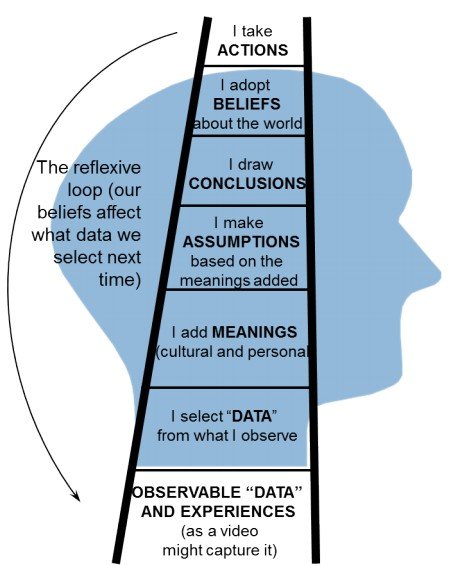It will take a spiritual up leveling
This piece was originally written for The Climate Optimist Substack — click here to subscribe for weekly content.
Two weeks ago I found myself in one of the most magical places. I had been invited to speak at a forum in the Swiss Alps and admittedly, it was an offer too hard to turn down. Mountain tops that shoot into the skies, rolling hills of green, and the sound of cowbells from grazing cattle.
It was… magnificent.
But I was there for work and truth be told I was a bit nervous. Would my message of climate optimism hit home with these law and economics professionals?
The Forum took place at Guarda Val, a beautiful resort in Lenzerheide
I spent the morning before my presentation tuning in and resting through my jet lag. It seemed more important to collect myself than attending the program which had already kicked off. I wanted to deliver something different and let the audience leave with a new narrative. It was what I had been invited for, after all!
As 2 p.m. came around my nerves were settled and I walked onto the stage to deliver my best and to do so with passion.
And it went well. The room was fairly small so I could see everyone in the audience, and maybe it was just a Swiss politeness, but something about their animated eyes and nodding heads told me differently — the message was hitting home!
However, after my presentation, I was caught at the coffee buffet by the professor I was the most nervous to receive feedback from. We had shared a dinner table the night before and had already gotten into some, should I say, spirited conversations. He was one of those who loved to share his opinions but also didn’t shy from thought-provoking conversations; to put you on the spot and make you feel just slightly uncomfortable as you attempt to defend your ways.
Since we had already locked eyes, I knew there was no escaping this follow-up conversation, so I walked over with a lightly pounding heart.
Me: So, what did you think?
Professor: Interesting.
Okay…
Professor: The thing about exponential opportunities, I’m not sure I’m buying it. The world is already in too much trouble, there’s not enough time. No technology in the world can save us now.
Okay, I see—one of those. I also found it interesting that this was his biggest takeaway as one of his points the night before had been that we tend to forget how unpredictable the future is. And that can always go both ways.
Me: I see where you’re coming from. I’m not saying that we should hide from the truth. The message of optimism has nothing to do with denying the science and I know what the science is telling us. I’m also not proposing that we should rely on technology to save us.
As I was defending myself (because let’s be honest, I was defending myself at this point) I wondered if he had actually paid attention to my presentation because techno-optimism was far from the message I had delivered to the room.
Me: And also… what do you propose then, that we just give up?
Professor: Of course not! That’s not what I’m saying at all.
His tenure softened a bit, as did his eyes.
Me: Ok here’s a question for you then. Do you think our ability to get this straight will have anything to do with some sort of spiritual up-leveling? Do you think it will come down to us humans changing too?
I instantly regretted my question as I realized I had now left the more science-based “academic” grounds. However, his answer surprised me.
Professor: Absolutely. No doubt.
What will it take to level up?
The more I engage with the climate change question, the more I realize that it will take something bigger, something more. It won’t be enough to invent new technology and come up with new solutions because no innovation in the world can help us sustain life on Earth as we know it now.
To the professor’s point, the threats and complications are simply too large.
But maybe that isn’t the goal. Maybe life as we know it isn’t just not sustainable, but also not the best for our communities, economies, well-being, and mental health. And maybe, by finding the courage to think again we can transform into something even better.
In my presentation, I shared the conclusion that our ultimate challenge right now is to find the courage to choose change and in that, begin to question everything. Not just things like whether or not to switch to an electric car or install solar panels on our roofs, but how we do everything, from manufacturing to transportation to how we grow our foods.
But here’s where the complications kick in, for what I also went into great detail about is that up until this point, we haven’t been very good at questioning our ways. In fact, our brains tend to be stuck in a loop.
They call it the ladder of inference.
The ladder of inference shows how we perceive the world and take action and that each action is heavily influenced by previous experiences and thoughts about the world. Not only that:
“Our prior experiences with the world inform what we can perceive.”
— Lisa Feldman
This means that because of how we already know the world we are not able to see and properly assess new information. It simply isn’t brought to our attention. And even if it is, making it all the way to the top of the ladder where we choose to act differently is rare at best.
It’s also worth pointing out that this ladder takes place in our subconscious mind where we make 90% - 95% of our decisions! In other words, you barely even know this loop is taking place.
Since we live in a world that celebrates knowledge, loyalty, and committed action, it’s rare that we find the time to reflect on the world as we see it. And since we’re so busy running our daily hamster wheels, it’s hard to ever get any chance to reflect at all. Instead, we go on auto-repeat, continuously acting upon what we already know.
What the ladder of inference shows us more than anything is one degree or another of mindlessness.
It’s like acting on yesterday’s news. Of course, we need to know what happened in the past and learn from previous successes and mistakes, but if we’re always acting on what’s already true to us it’s incredibly hard - if not impossible - to imagine something new.
And what was our challenge again? Oh, that’s right — to question what is and imagine new ways!
Maybe it’s about the dream…
Why do we need to reimagine? Isn’t it enough to innovate and improve things that could be better?
Not quite, because:
‘To have a chance to combat the exponential threats that climate change poses, we need exponential growth and opportunities on the other end.’
— Christiana Figueres
And that is why the ball lands back in our corner and why both the professor and I are united on this front — it will take us changing and growing!
However, we can change, and we can grow. In fact, we are incredibly good at adapting to new circumstances and realities! In my book, I have a chapter about generational amnesia, which is about the danger of forgetting what’s lost from one generation to the next. But it also helps us understand how good we are at moving on. (More on this in a coming newsletter)
To come to some sort of conclusion here,
we need change and we need it fast. In fact, to have any chance to combat the exponential threats climate change brings to our doorstep we need to activate exponential solutions and change.
The good thing is that change is ready to be activated. We have the technology and solutions that can stop climate change. With modern technology like AI, we can also speed up that transition. Technology can be our ally and friend!
HOWEVER — it still comes down to us!
Will we do it?
Will we find the courage to question our ways and say yes to change? Will we be ready to step out of the ladder of mindlessness and give ourselves the space needed to think and reflect? Will we be willing to reckon with the fact that if we are to do this, we don’t just need the world to change, but for us to change?
Thank you Law and Economics Foundation for having me, it was a true pleasure!
I’ll leave you here with one of my favorite quotes to date.
“Maybe it’s not about the dream. Maybe it’s about who we become while we’re chasing it.”
— Alexander den Heijer
Would you like to receive stories like these straight to your inbox? Make sure to subscribe to our newsletter







